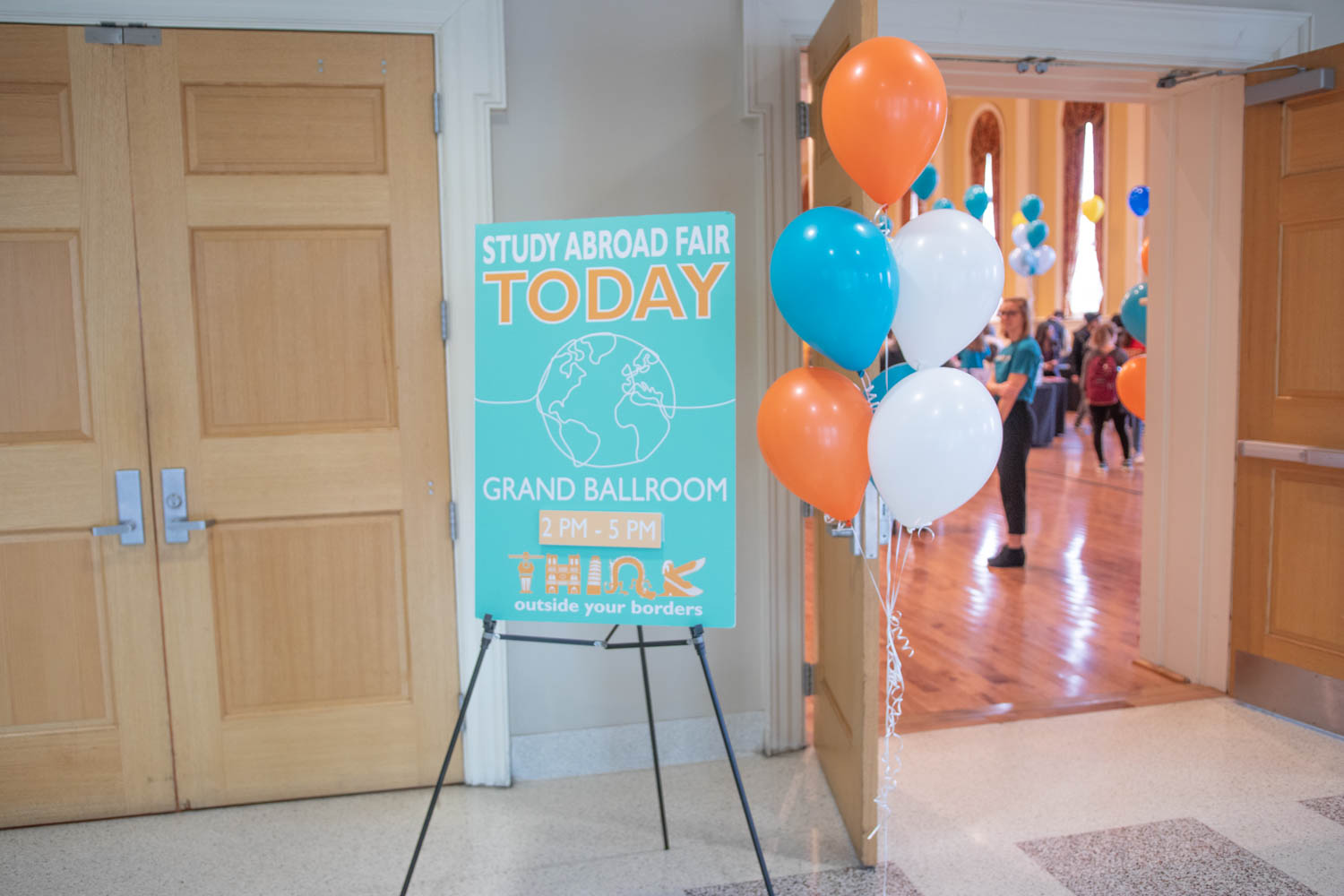After the University of Maryland suspended study abroad and incoming exchange programs in spring 2020, the Education Abroad office “is planning for the resumption of in-person study abroad and incoming exchange” programs this fall.
The university is monitoring global public health conditions and working with the international risk management office to inform decisions about where study abroad will be offered this fall, university President Darryll Pines told The Diamondback last month.
The university anticipates making an ultimate decision in mid-to-late April, Pines said.
Maryland Semester programs will only run in Denmark, Italy, Spain and Sweden, excluding programs in France and Kenya, while Freshman Abroad programs will not be offered this fall. Exchange, affiliate and other approved programs will also be offered in 32 countries.
The university has not made decisions about winter and spring 2022 study abroad programs but will consider guidance from the U.S. State Department and the Centers for Disease Control and Prevention.
While the university is not currently requiring students get vaccinated against COVID-19 to return to the campus or to study abroad, students must meet the respective vaccination and COVID-19 testing requirements for entry into other countries.
Education Abroad opened applications for fall 2021 and academic year 2021-2022 programs on April 2, but some students say it is too late for them to be able to go.
Juniors Christina Alemayehu and Dashika Wijegooneratne had to decline study abroad offers because they could not fit study abroad programs into their senior schedules.
[Suspended study abroad programs leave UMD students in limbo amid coronavirus outbreak]
Wijegooneratne, a biology major, knew she wanted to study abroad since going to an information session with her mom during her freshman year, but she will be graduating a semester early this fall.
“They gave me the option to push [the scholarship award] back, but I didn’t know about any of my plans,” she said.
Alemayehu, a communication major, originally planned on studying dance in Italy last summer. But recently, she had to brace for the reality that she would not be able to study abroad this summer either.
Last month, Alemayehu got an email from Education Abroad saying they made the decision to cancel all summer 2021 study abroad programs.
Elias Kallon, a junior materials science and engineering major who received the Freeman-Asia scholarship to study in Japan, says that he missed his window to study in Japan, but he looks forward to taking advantage of a winter term program in Germany.
“Unfortunately [the switch of locations] is because of the fact that there are still some limitations out there due to the current global climate,” he said. “Also, if I were to study abroad for an entire semester … I would be a five-year student, and I didn’t want to do that.”
Other students have embraced the Global Classroom programs, which can offer global opportunities and international exposure to students virtually.
Senior government and politics major Salima Omwenga planned on studying political science in Capetown, South Africa, last summer but later found herself looking for alternative experiences due to the COVID-19 pandemic.
She applied for the winter Global Classroom Ghana program, but the program was canceled due to low enrollment. This semester, Omwenga’s Global Classroom program, Capstone in International Development, entails working on a group project to help increase employment of Muslim women in India.
Although there were some virtual study abroad programs available, education professor emerita Paula Beckman said she could not picture herself leading a study abroad program online.
[UMD suspends study abroad programs in Italy as coronavirus spreads]
Every January since 2009, then-professor Beckman would take a group of undergraduate and graduate students to El Salvador to study the intersections of health, migration, poverty and education.
This year, Beckman was offered the opportunity to adapt an online program, but she did not think it could provide the same experience for students.
“Experiential learning is experiential learning. You can hear about poverty, you can hear about what the schools there are lacking, you can hear about the limitations in the health care system there, but until you have an experience of a village and you care about the people in the village … it just becomes like all the junk you hear on TV,” Beckman said.
Like Beckman, public policy professor Tom Hilde leads some study abroad programs each year, including one to Peru over spring break and another to Indonesia in the winter.
“In any classroom at the University of Maryland, we can read a book about Bali or Sumatra … we can read on the political situation in these countries or the economics,” he said. “But we all know that that’s not the same thing as actually going there and meeting people who are engaged in making the policy we’re talking about.”
While he does not know what to expect for international education in the future, he looks forward to undergoing the 25-hour journey to Indonesia with students again.
“The best medium we have for learning is experience,” Hilde said.



